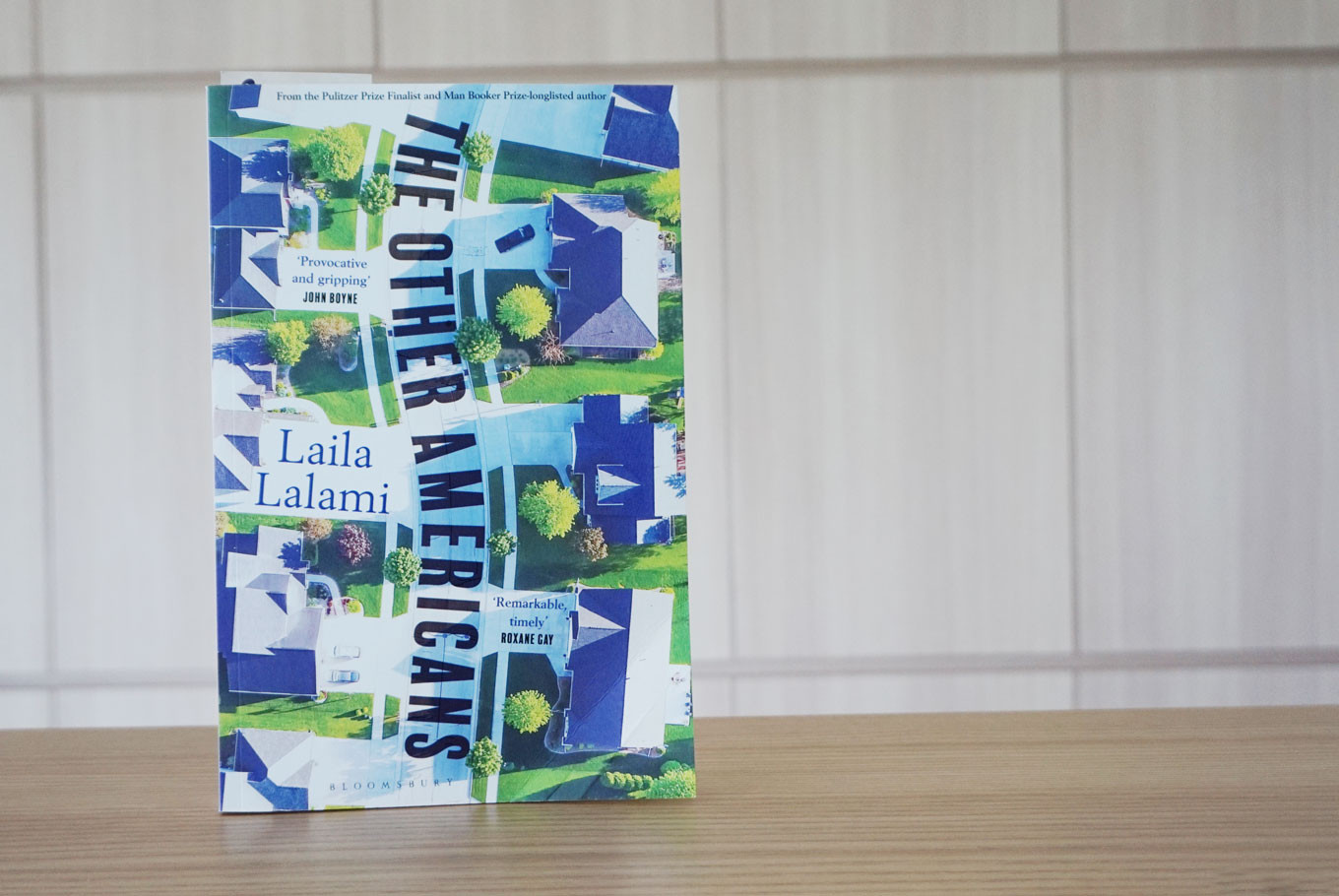Popular Reads
Top Results
Can't find what you're looking for?
View all search resultsPopular Reads
Top Results
Can't find what you're looking for?
View all search resultsLaila Lalami on 'The Other Americans': 'America was never homogeneous'
The Jakarta Post spoke to Laila Lalami on The Other Americans, American society and the Iraq War.
Change text size
Gift Premium Articles
to Anyone
L
aila Lalami's The Other Americans: A Novel is entirely not a whodunit, even though the novel opens with the hit-and-run of a Moroccan immigrant that sets everything in motion in a quiet, small Californian town.
Family secrets are unearthed against the barren beauty of the Mojave Desert and Joshua Tree National Park, along with the hypocrisies and unrest that lurk within everyone's minds and hearts. While solving the mystery of the murder, The Other Americans goes deeper into revealing who people actually are.
Lalami is herself an immigrant who was born in Rabat, Morocco, and moved to the United States in 1992. Her third novel, The Moor’s Account, won the American Book Award, the Arab American Book Award and the Hurston/Wright Legacy Award in 2015. It was also longlisted for the Man Booker Prize and was a Pulitzer Prize finalist for fiction the same year.
The Jakarta Post spoke to Laila Lalami via email on The Other Americans, American society and the Iraq War.
JP: The Other Americans takes a very humane perspective in telling a complex story about the state of American society. How did you approach the novel without antagonizing a character or particular societal or cultural group?
Lalami: When I write fiction, I try as much as I can to suspend moral judgment. I inhabit my characters without appraising them as good or bad people. Instead, I look at the world through their eyes and write from their perspectives about what they are experiencing. This requires a great deal of patience and humility: I have to take the time to learn as much as I can about them, about their pasts, their secrets, their habits and occupations. If I have done my job, the reader will see the world through their eyes, too.
As a non-American reader who has never been to America, I can't help but wonder if the book is intended to shatter the outdated and fabricated idea of American society as homogenous. Did you consciously decide on the novel to have this effect?
America was never a homogeneous nation. Long before there was a colony at Jamestown, there were thousands of indigenous tribes with very rich and distinct languages, religions, cultures, and traditions. After the first settlers arrived, millions of enslaved people – also with their own languages, religions, cultures and traditions – were also brought to this country. So the US was a diverse country from its very beginning, and that diversity continues to exist today.
The Other Americans is set in a small town in California, so of course it has a diverse set of characters. It wasn’t so much a conscious decision as a decision to write about reality as I saw it.
Read also: ‘Family is a microcosm of nation’: Eugenia Kim on Korea, home
My favorite subplot is Jeremy and Fierro's difficulties with setlling back into their daily lives after returning from the Iraq War. Could you comment more on veteran issues or American militarism in general?
The United States has been at war in the Middle East for decades, but this fact is not immediately apparent if you live here. There is no military draft, there are no ration books. But the war is very real, both to the people who are living under it and to the people who have fought in it.
Jeremy and Fierro enlisted in the Marines after [senior] high school and now find themselves, years later, coping with the aftermath of that decision. Having these two characters in the book was my way of exploring what it means to live in this country at this precise moment in its history.
What events or books were your greatest influence while writing The Other Americans?
The idea for the book came to me a few years ago, when I was on holiday in Wyoming and got a text telling me that my father was in the hospital. This is every immigrant’s nightmare: the fear that you will be thousands of miles away from your loved ones when they need you. I flew to Morocco to be with my dad, who thankfully recovered. But the scare so unsettled me that I started writing a story about a woman grieving the unexpected death of her father.
While I was working on The Other Americans, I read polyphonic novels, novels set in the West, crime novels, war novels and novels on identity and belonging.
I read that you first wrote in French. Do you still write in French, or only in English? How does writing in a different language influence your writing?
No, I don’t write in French anymore. I switched to writing in English in the mid-1990s, when I was in graduate school. But in all my novels, there are situations where more than one language is spoken. I think language diversity, especially in a place like California, is just reality. (wng)












